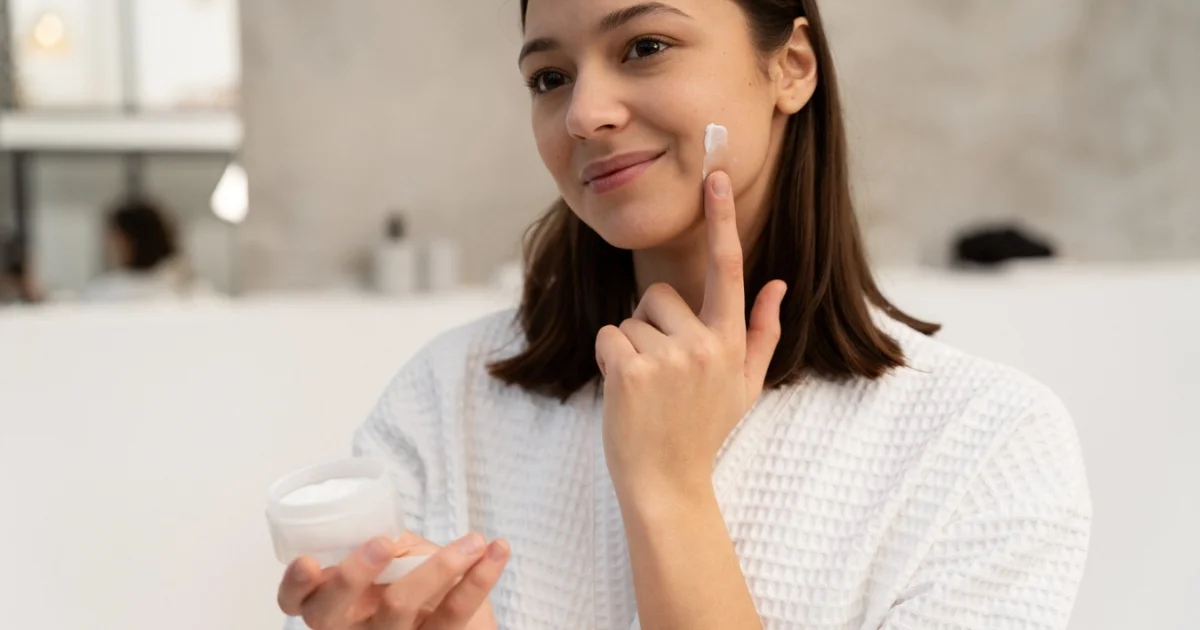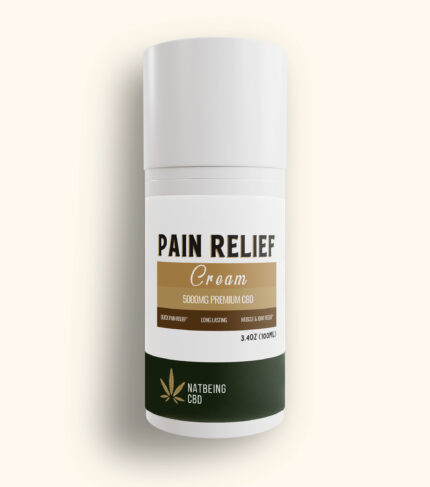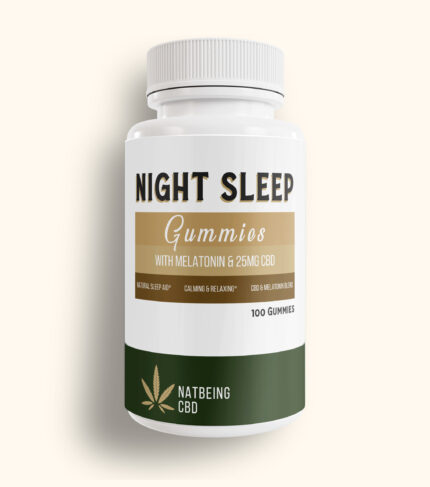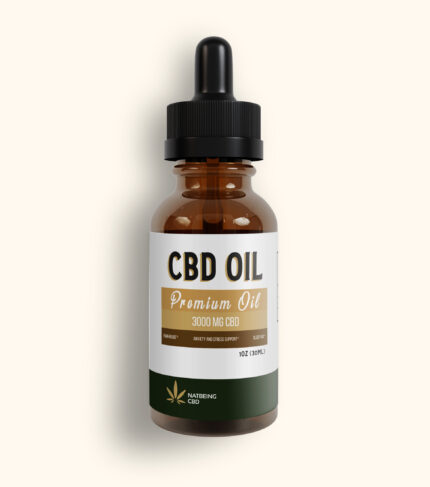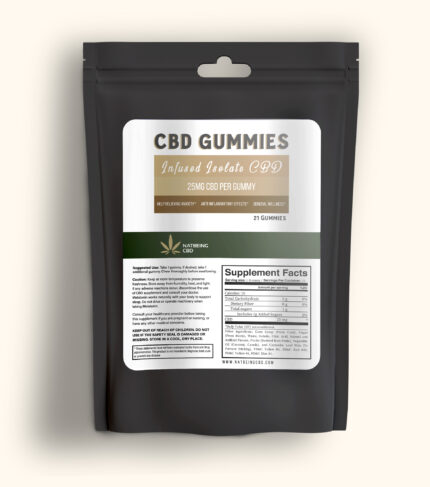
Blog
CBD cream does not stay in your urine. CBD topicals like creams do not enter the bloodstream.
Therefore, they don’t affect urine tests. CBD products are gaining popularity for their potential health benefits. Many people use CBD cream for pain relief and skin issues. But there’s confusion about whether these creams can impact drug tests. Understanding how CBD works helps clear up concerns.
Topical products like creams target specific areas. They don’t enter the bloodstream, unlike ingestible CBD products. This means they won’t show up in urine tests. Knowing this can ease worries about using CBD cream. It allows users to enjoy benefits without stress over drug tests. Understanding the difference between topical and ingestible CBD is key. This knowledge empowers consumers to make informed choices.

Credit: cbdforlife.us
Cbd Cream Basics
CBD cream has gained popularity for its potential benefits. Understanding its basics helps in making informed choices. This topical product is applied directly to the skin. It is believed to offer localized relief. Let’s delve deeper into what CBD cream is and how it works in the body.
What Is Cbd Cream?
CBD cream is a topical product infused with cannabidiol. It is derived from the cannabis plant. Unlike THC, CBD does not cause a high. CBD cream is used for its potential soothing effects. It targets specific areas on the body. Many people use it for joint and muscle discomfort. The cream is applied directly to the skin. This allows for targeted relief. It often contains other beneficial ingredients. These may include essential oils and herbal extracts. These components work together to enhance its effects.
How It Works In The Body
CBD cream interacts with the body’s endocannabinoid system. This system helps regulate various bodily functions. When applied, CBD influences the skin’s receptors. This can help reduce discomfort and inflammation. The cream does not enter the bloodstream. Instead, it works on a localized level. This makes it a convenient option for targeted relief. Users often report a soothing sensation. The effects usually occur shortly after application. CBD cream offers a non-invasive method for relief. It is a preferred choice for those seeking natural options.
Absorption And Metabolism
Understanding how CBD cream interacts with your body involves absorption and metabolism. These processes determine how long CBD stays in your system. When applied, CBD cream penetrates the skin and undergoes metabolism. Let’s explore these processes.
Skin Absorption Process
CBD cream is applied directly to the skin. It absorbs through the outer layer. The skin acts as a barrier but allows certain compounds through. Lipids in the cream help CBD enter the skin layers. The cream targets local areas rather than entering the bloodstream. This localized effect is ideal for pain relief.
CBD interacts with skin receptors. These receptors are part of the endocannabinoid system. They help regulate pain and inflammation. The cream’s formulation can influence absorption rate. Factors like oil content and consistency matter. The absorption process is efficient for topical CBD application.
Metabolism Of Cbd
Once absorbed, CBD starts its journey in the body. Metabolism involves breaking down CBD into metabolites. The liver plays a key role in this process. Enzymes in the liver convert CBD into different compounds. These metabolites are then expelled from the body.
CBD cream primarily affects the skin area. It doesn’t significantly enter the bloodstream. Therefore, its systemic metabolism is limited. This means less CBD in urine compared to oral ingestion. Topical CBD is less likely to show up in drug tests. The metabolism process is crucial in understanding CBD’s effects.
Detection In Urine
CBD cream has gained popularity for its potential benefits. Many users wonder how long it stays in their system. Understanding the detection of CBD in urine can clarify this concern. This involves several factors and varies from person to person. Let’s explore these aspects in more detail.
Factors Affecting Detection
Several factors influence how long CBD remains detectable in urine. The frequency of use is a major factor. Regular users may have CBD in their system longer than occasional users. Dosage also plays a significant role. Higher doses can lead to prolonged detection times. Metabolism speed is another key aspect. Individuals with faster metabolisms process substances more quickly. Body mass and hydration levels can also impact detection duration. Larger body mass may result in longer retention times. Staying well-hydrated can aid in faster elimination.
Typical Detection Window
The detection window for CBD in urine varies. For most individuals, CBD may stay detectable for three to five days. This is for occasional users applying standard doses. Regular users might see a longer detection period. In such cases, CBD can remain up to ten days or more. This time frame depends on the factors mentioned earlier. Testing methods also affect detection windows. Urine tests are common but not always precise. They may vary in sensitivity and accuracy. Always consider these variables for a better understanding.

Credit: goodcbd.com
Influencing Factors
Understanding how long CBD cream stays in your urine involves several factors. These influencing factors can vary greatly from person to person. Each factor plays a significant role in determining the duration CBD remains detectable.
Dosage And Frequency
The amount of CBD cream used affects its presence in urine. Higher doses can lead to longer detection times. Similarly, frequent use can accumulate CBD in the body. This can extend its presence in the urine. Even a small increase in dosage can impact how long it stays. Consistent usage leads to higher accumulation in the system.
Individual Metabolism Rates
Metabolism rates differ from one person to another. Faster metabolism processes CBD more quickly. This means it exits the body sooner. Those with slower metabolism may retain CBD longer. Other factors like age and activity level can influence metabolism. A more active lifestyle can speed up the process. Conversely, a less active person might experience longer retention.
Testing Methods
Understanding how CBD cream affects drug tests is important. Testing methods vary. They determine the presence of CBD in urine. Knowing these methods helps set expectations.
Standard Urine Tests
Standard urine tests typically focus on THC. THC is the psychoactive compound in cannabis. CBD creams usually contain minimal THC. This means standard tests may not detect them. The amount of THC in CBD creams is often negligible. People using CBD creams might pass standard urine tests. But, it depends on the cream’s THC level.
Sensitivity Of Tests
Different tests have varying sensitivity. Some are more advanced. These can detect smaller THC amounts. If a test is highly sensitive, it might detect trace THC. Even from CBD creams. Understanding the test’s sensitivity is key. It affects the likelihood of detection. Always check the THC content in your CBD cream. This can help assess the risk of detection.
Comparisons With Other Forms
Cbd cream typically doesn’t show up in urine tests, unlike other forms like oils or edibles. These usually contain higher THC levels, which can be detected more easily. Cbd creams, applied topically, generally don’t enter the bloodstream, making them less likely to affect urine results.
When you’re considering using CBD, whether for pain relief or relaxation, you might wonder how different forms of CBD impact your body and how long they stay in your system. CBD cream, for instance, may behave differently than CBD oil or edibles. Let’s explore how CBD cream compares to other forms, especially regarding its presence in your urine.Oral Vs. Topical Cbd
Oral CBD products, like oils and edibles, are consumed and processed through your digestive system. This means they enter your bloodstream and can be detected in urine for several days.Topical CBD, like creams and lotions, is applied directly to the skin. It targets localized areas and doesn’t typically enter the bloodstream in significant amounts. This can mean it may not appear in urine at all.Imagine you have a sore knee and use CBD cream for relief. The cream acts locally, providing comfort without affecting your entire system. This localized effect is a major difference from ingestible CBD, which can affect your whole body.Bioavailability Differences
Bioavailability is a fancy term for how much of the CBD actually gets into your bloodstream to work its magic. Oral CBD has to pass through your digestive system, which can break down a lot of it before it reaches your bloodstream. This process can reduce its effectiveness.In contrast, CBD cream doesn’t have to go through this digestive process. While it might seem like a downside because less CBD enters your bloodstream, it’s actually a plus for targeted relief.Picture yourself with a headache. Using CBD cream on your temples might provide quicker relief than swallowing a pill. This is because the CBD is working directly where you need it, without the wait.Have you ever tried both oral and topical CBD? Which worked better for you in terms of relief and convenience? Your experience could help someone else make an informed decision.Understanding these differences can guide you in choosing the right form of CBD for your needs. Whether you prefer the full-body effects of oral CBD or the targeted relief of a cream, knowing how they interact with your body is key.Legal And Safety Considerations
Understanding the legal and safety aspects of CBD cream is crucial. Users often wonder about its presence in their urine, alongside potential legal and health concerns. This section aims to clarify these points for better-informed decisions.
Legal Status Of Cbd Products
The legality of CBD products varies by region. In many places, CBD from hemp is legal, provided THC levels remain low. It’s important to check local laws before purchasing CBD items.
Some areas have strict regulations. These may require lab testing or labeling standards. Knowing these rules can prevent legal issues when using CBD creams.
Safety Of Long-term Use
Long-term use of CBD cream poses safety questions. Current research suggests it’s generally safe for skin application. Few side effects are reported, mostly minor like skin irritation.
Consult a healthcare professional if using CBD cream regularly. This ensures personal health needs are considered. Monitoring changes in skin condition is also advisable for safety.

Credit: www.healthline.com
Practical Tips
CBD cream usage is increasing due to its potential therapeutic benefits. Some users worry about how long CBD cream stays in their urine. Understanding practical tips can help in managing detection risks. Incorporating these strategies can provide peace of mind when using CBD products.
Reducing Detection Risks
Apply CBD cream in moderation. Excessive use may increase detection chances. Pay attention to product quality. Opt for reputable brands with low THC levels. This reduces the risk of THC showing up in urine. Stay hydrated by drinking enough water daily. Hydration helps flush out substances faster. Consider timing your usage. Avoid applying CBD cream close to urine tests.
Consulting Healthcare Professionals
Speak with healthcare professionals. They provide guidance based on personal health needs. Discuss concerns about CBD cream and its effects on urine tests. Healthcare experts can offer tailored advice. They might suggest alternative products with no THC. Always inform them about all current medications. This helps avoid potential interactions. They can recommend appropriate dosages and usage frequencies.
Frequently Asked Questions
Will Cbd Topical Cream Show Up In A Urine Test?
CBD topical creams are unlikely to show up in a urine test. These creams do not enter the bloodstream significantly. Urine tests typically detect THC, the psychoactive compound in cannabis. Ensure the cream contains no THC to avoid potential issues.
Always check product labels for THC content.
How Long Is Cbd Detectable In A Urine Test?
CBD is typically detectable in urine for up to 3-7 days after use. Duration can vary based on factors like metabolism, dosage, and frequency of use. Regular users might have traces for longer. Always consult a healthcare professional for personalized advice.
How Long Does Topical Cbd Cream Stay In Your System?
Topical CBD cream is absorbed through the skin and generally does not enter the bloodstream significantly. Effects may last a few hours. Unlike ingested CBD, topical application usually leaves no trace in your system. Always consult a healthcare professional for personalized advice.
Will Cbd Result In Positive Drug Test?
CBD itself usually doesn’t cause positive drug tests. THC contamination in CBD products might lead to positive results. Ensure your CBD is third-party tested to verify THC levels. Choose products with 0. 3% THC or less to reduce the risk of testing positive.
Conclusion
CBD cream effects on urine tests remain uncertain. Duration can vary greatly. Factors like metabolism and dosage play a big role. Individual body chemistry influences results too. Some might clear CBD faster than others. Always consider consulting a healthcare expert.
They offer personalized insights and guidance. Remember, CBD cream usually contains trace THC. Understanding its impact on tests is crucial. Staying informed helps make better choices. Focus on health and well-being. Make decisions based on solid information. Keep learning and asking questions.
Your health journey matters.
Related posts
How Fast Does CBD Cream 5000mg Work on Sore Muscles?
Menthol and CBD: A Dynamic Duo for Pain Relief
Delta-8 vs Delta-9 THC: Which One Is Right for You?
CBD Cream 5000mg: Powerful Relief for Pain, Muscles & Joints
CBD for Arthritis Pain: What You Should Know
CBD Creams: Made with Hemp Oil for Pain Relief & Joint Support
Understanding Oral CBD vs Topical CBD: Which Works Best for You?
How CBD Cream Supports Your Body’s Natural Balance
CBD Cream for Arthritis Joint Pain: A Natural Way to Find Relief
Is CBD Cream the Secret to Glowing, Healthy Skin?
How CBD Cream Works on Your Skin
CBD Cream Costs: Finding the Perfect Balance Between Price and Quality
Table Of Contents
Recent Posts
Products
-
 CBD Cream 5000mg – Extra Strength Pain Relief Topical Rated 4.83 out of 5$33.93 – $49.99Price range: $33.93 through $49.99 — or subscribe and save up to 25%
CBD Cream 5000mg – Extra Strength Pain Relief Topical Rated 4.83 out of 5$33.93 – $49.99Price range: $33.93 through $49.99 — or subscribe and save up to 25% -
 CBD Sleep Gummies 2500mg With Melatonin - 100 count Rated 5.00 out of 5
CBD Sleep Gummies 2500mg With Melatonin - 100 count Rated 5.00 out of 5$69.99Original price was: $69.99.$34.99Current price is: $34.99. -
 3000mg CBD Oil Rated 5.00 out of 5$29.90
3000mg CBD Oil Rated 5.00 out of 5$29.90 -
 CBD Gummies 500 mg - 21 Gummies Rated 5.00 out of 5$19.90 – $23.00Price range: $19.90 through $23.00
CBD Gummies 500 mg - 21 Gummies Rated 5.00 out of 5$19.90 – $23.00Price range: $19.90 through $23.00












